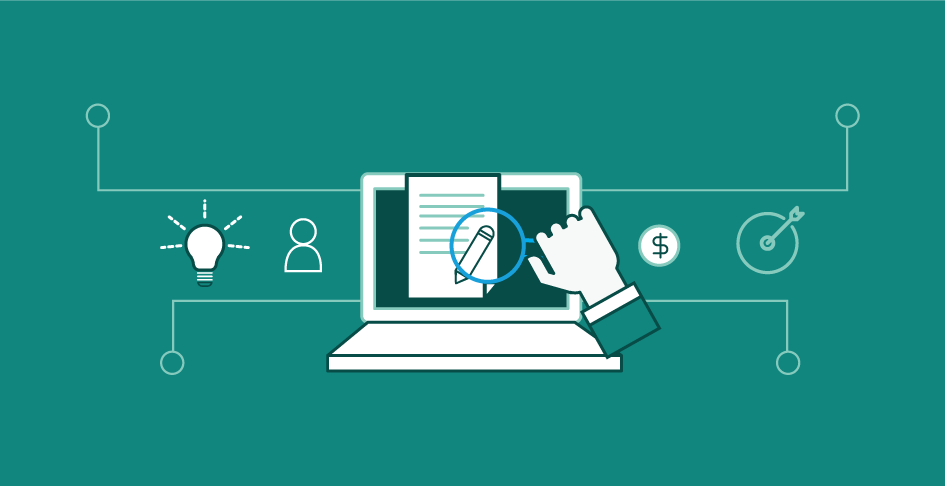Ultimate Guide to Estimating Commercial Plumbing Costs
Commercial plumbing estimation require meticulous planning and budgeting to ensure smooth operations and cost efficiency. Whether undertaking a new construction project or renovating existing commercial spaces, understanding the intricacies of estimating plumbing costs is crucial. This comprehensive guide aims to demystify the process of commercial plumbing cost estimation, providing insights into factors that influence costs, typical expenses involved, and how to find a reliable commercial plumbing cost estimator.
Factors Influencing Commercial Plumbing Costs
Several key factors influence the cost of commercial plumbing projects:
- Scope of Work: The extent and complexity of the plumbing project significantly impact costs. Installing plumbing systems in a new commercial building will differ from retrofitting existing structures.
- Building Size and Layout: Larger buildings require more extensive plumbing networks, which can increase material and labour costs.
- Fixture Requirements: The number and type of fixtures (sinks, toilets, showers, etc.) directly affect costs, as each requires plumbing connections and fittings.
- Piping Materials: The choice of piping materials (e.g., copper, PVC, PEX) affects both material costs and installation expenses.
- Local Building Regulations: Compliance with local building regulations may necessitate specific materials or installation methods, impacting overall costs.
- Accessibility: Ease of access to plumbing locations can influence labour costs. Difficult-to-reach areas may require more time and specialised equipment.
- Project Timeline: Urgency and project timelines can affect costs, as expedited projects may require additional labour resources.
Typical Expenses in Commercial Plumbing Projects
Commercial plumbing projects encompass a range of expenses, including:
- Material Costs: Pipes, fittings, fixtures, valves, and other plumbing materials.
- Labour Costs: Plumbing contractors charge for installation, testing, and any modifications required.
- Permit Fees: Costs associated with obtaining permits and approvals from local authorities.
- Equipment Hire: Specialised equipment such as excavation machinery or pipe threading tools.
- Testing and Inspection: Fees for testing the plumbing system and inspections to ensure compliance.
- Cleanup and Restoration: Costs associated with debris removal and site restoration post-installation.
Steps in Commercial Plumbing Cost Estimation
- Initial Assessment: Conduct a thorough assessment of the project scope, including blueprints, building layouts, and fixture requirements.
- Material Quantification: Calculate the quantity of pipes, fittings, and fixtures needed based on project specifications.
- Labour Estimation: Estimate labour costs based on the complexity of the project, including installation, testing, and cleanup.
- Additional Costs: Factor in permit fees, equipment hire, and any unforeseen expenses.
- Contingency Planning: Allocate a contingency budget for unexpected developments or changes during the project.
Finding a Reliable Commercial Plumbing Cost Estimator
Choosing the right commercial plumbing cost estimator is crucial for accurate budgeting and project success. Here are essential steps to find a reliable estimator:
- Experience and Expertise: Look for professionals with experience in commercial plumbing projects and a solid understanding of local building codes.
- References and Reviews: Check references and read online reviews to gauge the estimator’s reputation and reliability.
- Detailed Quotes: Request detailed quotes outlining all costs, including materials, labour, permits, and any additional charges.
- Clear Communication: Ensure clear communication regarding project timelines, expectations, and potential challenges.
- Comparative Analysis: Obtain multiple estimates to compare costs and services offered by different estimators.
Conclusion
Commercial plumbing cost estimation requires careful consideration of various factors, from project scope and materials to labour and regulatory requirements. By understanding these components and following systematic estimation processes, businesses can effectively budget for their plumbing projects and mitigate unexpected expenses. Choosing a competent commercial plumbing cost estimator ensures transparency and accuracy throughout the project, contributing to its timely completion and overall success.



Comments
Post a Comment